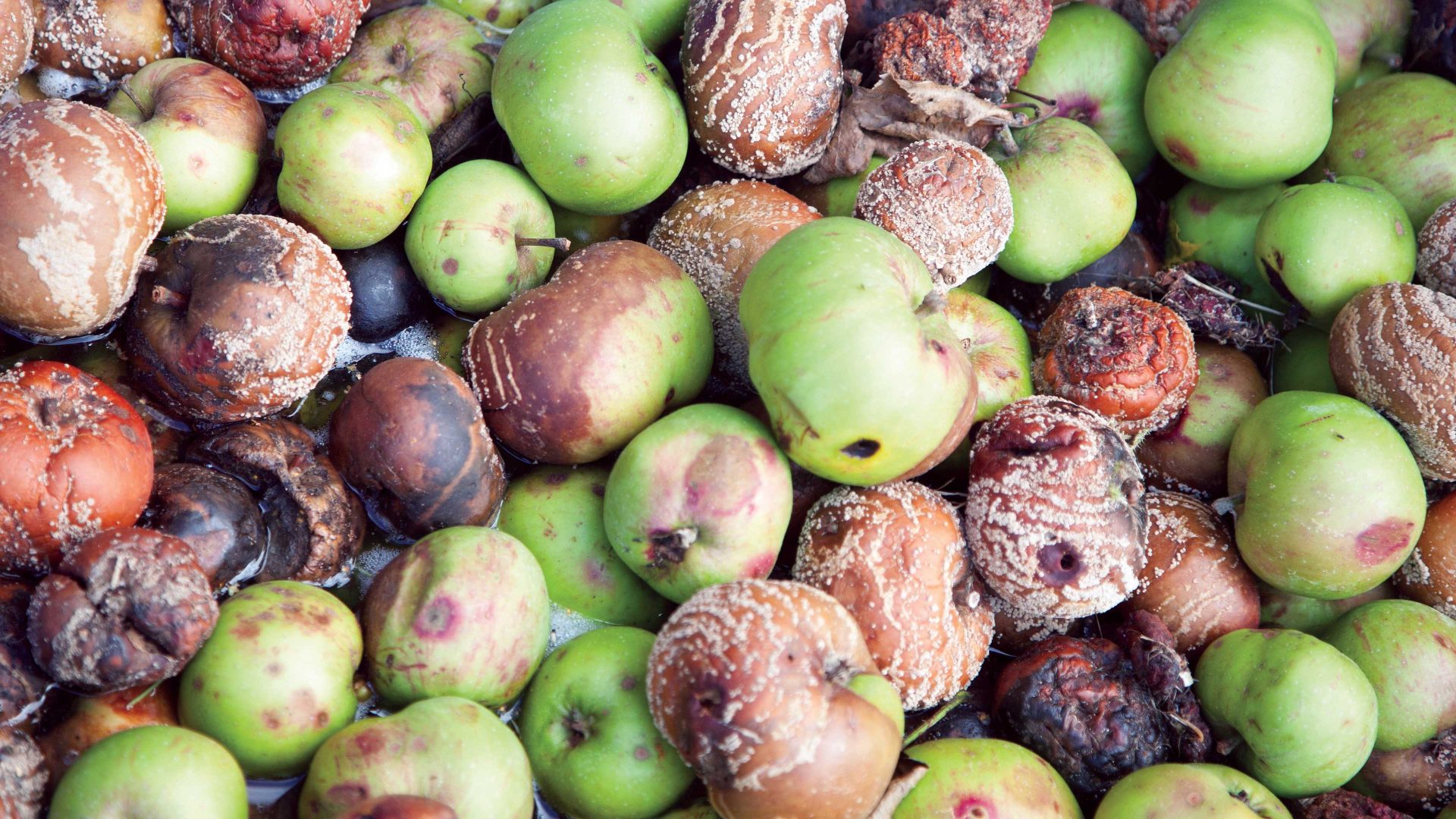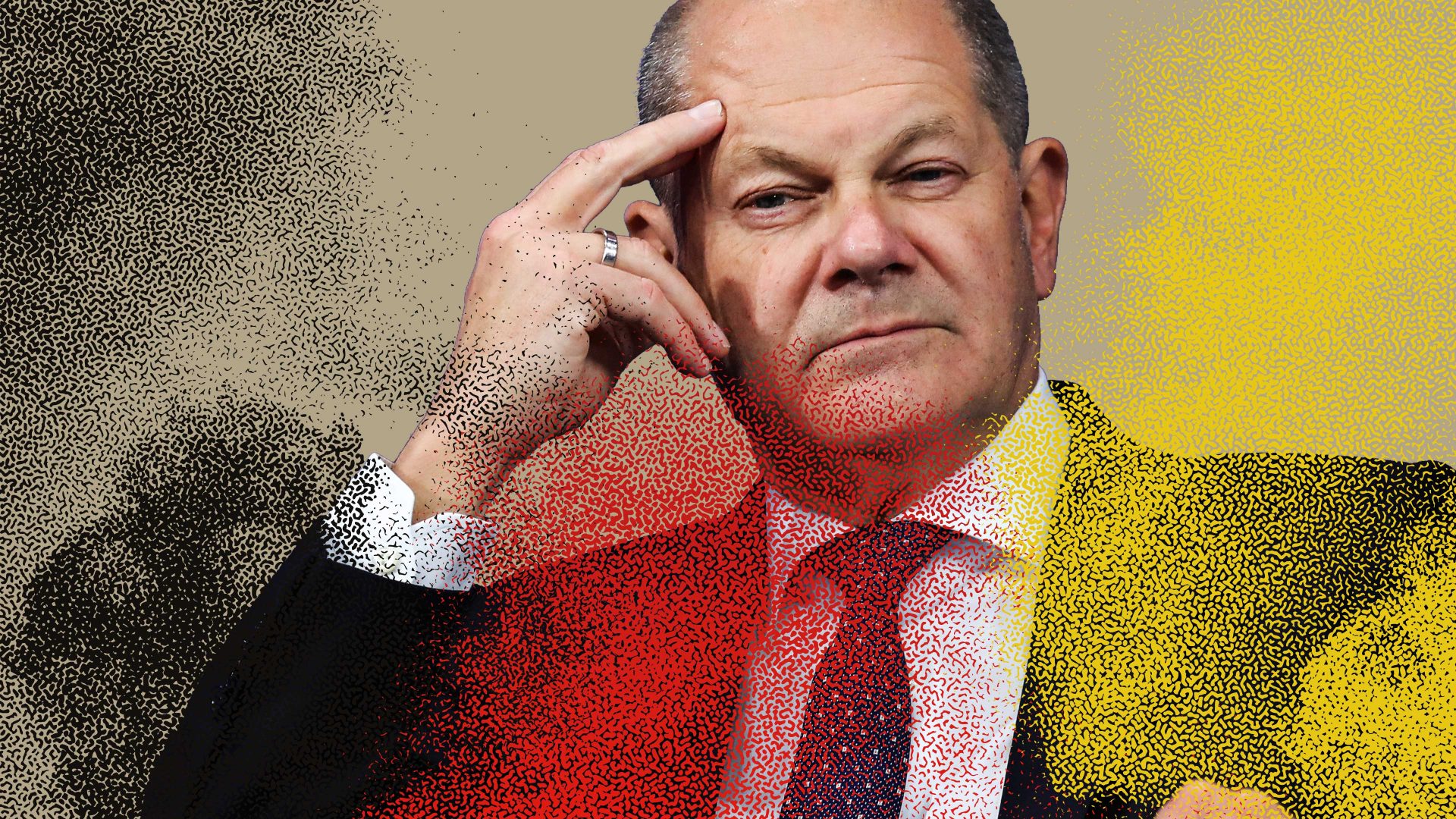So Brexit, we were told, got “done”. Yet here we are, six years and five prime ministers after the referendum, with two elections since then, one of them fought and won on that very promise to “get Brexit done”, and there are plenty of loose ends showing little sign of being tightened.
The Northern Ireland Protocol row rumbles on. The victory for “taking back control of our borders” is looking somewhat hollow as the small boats keep coming across the Channel. Those from EU countries who have headed in the opposite direction are contributing to chronic labour market issues and as a result immigration is re-entering the debate with a vengeance.
It also opened up a new split within the cabinet and the Conservative Party, at a time when they have more than enough splits to be going on with already. That split was defining in the ultimate fall of Liz Truss, with the resignation of the home secretary, Suella Braverman, something of a tipping point pushing her into further chaos and out of the door.
Truss, the soft Remainer of 2016 who became a hard Brexiteer when she saw the premiership hoving into view as Johnson departed, recognised that the anti-immigration slogans and tropes that helped him win a referendum, and an election, were massively out of step with the needs of the economy.
With spiralling inflation, a massive labour shortage, over 1.2 million job vacancies and 3.5% unemployment – its lowest rate in 50 years – even she recognised that if “growth, growth, growth” was not to join “global Britain” and “levelling up” in the slogan dustbin, the government was going to have to take a very different tack on immigration.
But Braverman was determined to deliver on the Brexit and Conservative manifesto promises to bring immigration down to the tens of thousands. It led Truss to advise industry leaders to lobby other departments to get what they wanted and give the Home Office a wide berth. This does not bode well for harmonious government, or a serious policy response.
This will be one of the many issues in the overflowing in-tray of Rishi Sunak, Tory prime minister No 5. How do you reduce the immigration numbers while filling the huge number of vacancies? It’s almost as big a headache as the other question dominating government right now… in a non-growing economy, how do you cut taxes without cutting spending or increasing borrowing or both?
Whether caused by Brexit, or the enormous churn in the labour market created by the Covid-19 pandemic lockdowns, several key sectors, hospitality, construction and manufacturing chief among them, are really struggling with the consequences. The hospitality industry alone says record staff shortages are costing it £21bn in lost business, which means £5bn in lost tax for the Exchequer.
Of course the government had the mandate to bring in the points-based immigration system introduced post-Brexit, requiring EU migrants to have a minimum salary of at least £25,600 a year for an employer to sponsor a visa. But one of the consequences is that the low-wage jobs that used to rely heavily on EU workers are now mostly ineligible for work visas.
Even where exceptions have been made, such as for seasonal workers and the social care sector, jobs can’t get filled fast enough. There are 15,000 fewer social care workers in the UK than there were a year ago, which is hardly helping the social care crisis the government claims to be addressing as a “priority”. Meanwhile, the Seasonal Workers Scheme grows apace, but continues to be well short of what struggling industries say they need.
In 2019 – the year “Brexit got done”, remember, with Johnson’s “oven-ready deal” – the scheme had 2,500 places. This was promptly raised to 10,000 in 2020, then to 30,000 last year. Farmers can now recruit up to 40,000 overseas employees to pick fruit, vegetables and flowers, something Truss wanted to raise to 60,000 as soon as possible. Doubtless farmers in her East Anglia constituency were making sure she knew how desperate the situation was. It’s hard to see the sunlit uplands we were promised Brexit would bring when they are filled with rotting unpicked fruit and veg.
Truss wanted to expand her “shortage occupation list” to cover all roles, irrespective of level, waving an employers’ duty to prove there was no local worker appropriate for a role, lifting a cap on foreign labourers in the British agricultural sector, and changing the rule that migrants must have a salary of at least £35,800 to settle in the UK after five years.
So either employers have to find British workers willing to do low-paid work, or the government is going to have to bring in more foreign workers from elsewhere – anathema to the hardline Brexiteers for whom immigration controls were what Brexit was all about. We have made it harder for citizens from the countries closest to us to work here, and easier for those coming from further afield, as employers no longer have to show they had no qualified British or EU applicants for the job.
There are close to 1.8 million non-EU foreigners working in Britain, 302,000 more than a year ago. The number of work-related visas issued to non-European nationals rose by 55% from 2019. Compared with 2019, worker visas issued to people from the Philippines are up by 103%, from Nigeria by 303% and from Zimbabwe by 744%. Sponsored study visas issued to Indians rose by 215%, to Pakistanis by 377% and to Nigerians by 686%. Visas issued to dependents of international students increased by 405%, by 101% to workers’ dependents, and by 280% to the dependents of people on other visas.
In their public statements on this, ministers like to focus on the need for a highly skilled workforce, such as engineers involved in the delivery of infrastructure projects. High-skilled migration and people coming into high-paid jobs are indeed likely to contribute in terms of both tax and productivity.
But it’s in the low-paid, low-skilled sectors that labour shortages are the most chronic. Instead of the post-Brexit regime improving pay in the low-wage sector, the government’s latest approach suggests low-paid wages will be driven down further still, not only undermining yet another of the bogus promises made for Brexit, but also running the risk of turning the UK into a two-tier economy built on exploitation.
Before, with freedom of movement and the protections of EU law, EU citizens had plenty of rights as workers. By contrast, those hailing from further afield have few to speak of, and the dangers of debt bondage for flights and visas are real. Only last month, Indonesian workers reported debts of up to £5,000 for one season’s fruit picking in Kent.
This year the UK was in the top 10 of 104 countries featured in the Chandler Good Governance Index, where issues such as government debt, income inequality and discrimination, not to mention the attractiveness of a country’s marketplace, are all measured. Let’s see how that pans out.
The government likes to pin the blame for all this on Covid and the war in Ukraine. The opposition currently focuses more on the economic management of the Truss government’s mini-budget that went mega-wrong. But Brexit, the big elephant in the room, is a big part of what has gone wrong. When it comes to immigration, getting Brexit done has created as many problems as it was supposed to solve.
Truss or no Truss, Braverman or no Braverman, that problem remains as large as it was during the brief time when, ludicrously, they were in charge.




